✨Johnny Compton on balancing tension with curiosity seeds✨
Plus, Bianca, Carly, and CeCe share their insights in Books with Hooks. Two guest agents spill the beans on QueryManager, and Carly unpacks why you need detailed proposals for nonfiction projects.
Hello lovely TSNOTYAWers! How are your manuscripts coming along? If the answer is anything other than “great,” today’s excellent content can help with motivation and, maybe, procrastination, for those moments when you need to tell your WIP, “It’s not me. It’s you.” 😉
In this week’s episode, Bianca, Carly, and CeCe share their usual expert wisdom in the Books with Hooks segment. After which, Bianca interviews Johnny Compton, author of The Spite House 😍 We also have a guest article from Lori Galvin and Maggie Cooper, where they share tips for using QueryManager. And then Carly discusses the importance of having a clear vision for your non-fiction work.
Don’t forget, we’ve launched a TSNOTYAW Membership Program so you can get even more The Shit No One Tells You About Writing goodness! Our podcast episodes and Friday newsletter issues will continue to go out free of charge (we *love* sharing all this amazing content with writers like you). But as TSNOTYAW has grown, so too have the many, many hours our team pours into it, and in order to be able to keep showing up for our lovely listeners, we decided to launch this exciting new venture.
For just $8USD a month or $80USD a year, you can receive our paid newsletter on Tuesdays which features weekly bonus author Q&As, exclusive content from industry experts, weekly access to Carly Watters and CeCe Lyra’s written notes on queries from the podcast’s Books With Hooks feature, monthly bonus podcast episodes, AND regular Ask Me Anythings / Q&As with Carly, CeCe, and Bianca Marais. If that doesn’t kickstart your writing journey, we don’t know what will!
Thanks for reading ❤️
The Shit No One Tells You About Writing Team
This Week’s Podcast✨🎙️✨
In this week’s 📕Books with Hooks🪝, Bianca, Carly, and CeCe critique two queries. During which, they discuss:
The need for external pressure in your major dramatic question
The three sets of questions that create tension at the beginning of a story
Surprising your reader in your first five pages
The accuracy of third-party manuscript wish lists
The need for world-building in a fantasy query
Being too vague in your query
The concept of the 'new adult' genre
Thinking about readers' expectations for certain types of stories
Making sure that characters who appear in opening scenes are essential, and
The importance of showing your main character’s emotionality and interiority
After which, Bianca interviews Johnny Compton about his debut novel, The Spite House. The two chat about:
The psychology behind reading and writing horror fiction
The heavy-lifting that horror expects of its audience and the world-building that's involved
The idea of not needing an explanation for everything
How Johnny balances curiosity seeds and tension without 'cheating' the reader
The social commentary that Johnny weaves into his novel, and
Johnny's advice for writing very young characters
More information about Johnny can be found here, or you can connect with him on Instagram or Twitter!
You can purchase The Spite House on our Bookshop.org affiliate page here. Buying books through this link supports a local indie bookstore, as well as The Shit No One Tells You About Writing 📚❤️
The Great Beta Reader Match Up is Back 🌟😍✨
Are you looking for beta readers, some of whom might potentially become writing group members down the line?
Are you wanting to be matched up with those writing in a similar genre and/or time zone, so they can critique your work as you critique theirs at the same time?
Your manuscript doesn't have to be complete to sign up!
This particular match up will be open to registrations from now until the 31st of March, with the match up emails going out on the 1st of April.
For more information and to register, click below:
QueryManager and Agents Who Use It: Part 2 ✨
Today is Part Two of a three-part series on Query Manager from literary agents who use it. You'll get how-tos, dos and don'ts, and the best advice from agents who are looking for clients on the platform. Keep an eye out for upcoming articles in this series:
March 22 Part Three: Agent Morgan Strehlow
Tips for Using QueryManager
By Lori Galvin and Maggie Cooper
To start, it’s worth saying that pretty much everything you’ve heard about querying more broadly holds true here: we are handling huge numbers of submissions but eager to find authors whose work will be the right fit! That said, when we sat down to think about tips for QueryManager in particular, here’s what we came up with:
Nail the basics. The way QueryManager is set up, the first things that we see are the project’s title, genre(s), and word count, and if something is off there, we’re already wondering about whether your submission will be right for us. Double check your word count is entered correctly and matches the genre you’re writing in. In the same vein, make sure you’re selecting a genre that makes sense for your book—if the obvious choice isn’t there, it may mean the agent you’re querying doesn’t represent the kind of book you’ve written. We know it’s sometimes hard to know whether to pick “upmarket” or “book club” or both, but we also see quite a few authors sending us young adult projects, which neither of us typically work on!
Don’t be afraid to namedrop. If you’ve been referred to us, say so—some agents have a field for this, but if not, mention any referrals in the opening paragraphs your query letter where we won’t miss it. Similarly, if you met us at a conference, remind us of the lovely conversation we had (and don’t leave us scratching our heads as to why your high-concept firefighter romance sounds so familiar!).
Fill in the form—yes, the whole form! We know it’s annoying that every agent formats their QueryManager slightly differently, but we promise: we’re trying to set you up for success. If we ask you something, it’s because that information is important to us in assessing whether or not you and your book will be a fit, so answers like, “My book is totally unique and has no comp titles” or snarky commentary won’t get you very far. If an agent asks for a query letter and a separate bio, it’s fine to copy-paste your bio from your query letter into the bio box—but don’t just skip it!
Don’t mistake quantity for quality. QueryManager allows agents to immediately see if a query has been submitted to anyone else at our agency, when, and what the response was. At Aevitas, we ask that writers try one agent at a time, and we never fault writers when we see they’ve previously gotten a pass from one or even several of our colleagues. That said, if we see you’ve previously sent 13 queries to Aevitas agents, that indicates to us that you might just be sending your materials indiscriminately to every agent you can find—not a great look.
Communicate updates clearly. If you’ve received an offer from another agent (yay you!) be candid on how you’d like us to proceed with this information. Is this a courtesy notification or would you seriously consider an offer from us? If you’re just observing the formalities, that’s fine, but if you’re very invested in having us read, a simple line like “But I’d still love to have you consider my manuscript” can make a difference! In the same way, it’s always nice to get a quick note from a writer in response to our request for the full rather than just a notification that the file has been uploaded— we don’t need you write us a love letter, but this is an opportunity for you to show us how you communicate, something that we’ll probably be doing a lot if we end up working together.
Remember, we’re human beings too! Because you’re filling out a form, it can sometimes feel like you’re just sending your work into a heartless machine to be chewed up and spit back out, but we promise, we are thoughtful readers looking for great books and authors we’ll be excited to work with. Everyone works differently: some of us read queries in the order they arrive, some of us skip around depending on what we’re in the mood for. Some of us value a personalized query, some of us don’t care as long as you don’t call us by the wrong name— regardless, we can assure you: leaving mean comments on QueryTracker does not help us reply any faster or give more feedback. The main things are to be thoughtful and polite, do your research, and (always!) write the best book you can.
As agents, we’ve found that QueryManager helps us stay organized and respond more quickly and consistently than we would be able to otherwise. Big thanks to Pat MacDonald for all the hard work he does behind the scenes to keep it up and running!
Lori Galvin is an agent at Aevitas Creative Management, representing both adult fiction (especially domestic suspense, psychological thrillers & literary mysteries) and nonfiction (food writing and cookbooks).
A few of Galvin’s clients include Cambria Brockman (Tell Me Everything, Ballantine), Cheryl Head (Time’s Undoing, Viking), and Wanda M. Morris (All Her Little Secrets, Anywhere You Run, What You Leave Behind, William Morrow). On the culinary side, her clients include James Beard–award winners, Kwame Onwuachi (Notes from a Young Black Chef, My America Knopf) and Margaret Li and Irene Li (Perfectly Good Food, Norton). Galvin’s clients’ projects have been optioned by A24, Netflix, and CBS Studios.
Prior to joining Aevitas, Galvin was executive editor at the multimedia publisher America’s Test Kitchen, where she led a team that produced dozens of landmark cookbooks. Galvin was also an editor at Houghton Mifflin, a restaurant cook, and ran a bed-and-breakfast in Maine.
Maggie Cooper has been an agent at Aevitas Creative Management since 2018, representing imaginative, genre-bending literary fiction; capacious historical novels; beautifully told queer stories; and smart, feminist romance. Recent and forthcoming client books include Mac Crane’s I Keep My Exoskeletons to Myself (Catapult), Will Betke-Brunswick’s A Pros and Cons List for Strong Feelings (Tin House), Jessica Martin’s For the Love of the Bard and The Dane of My Existence (Berkley), Nina Sharma’s The Way You Make Me Feel (Penguin Press), and Zoe Bossiere’s Cactus Country (Abrams). Based in Boston, she holds a degree in English from Yale University, attended the Clarion Writers Workshop, and earned her MFA in fiction from the University of North Carolina at Greensboro, where she served as an editor for The Greensboro Review.
The Octavia Project 🌟
A note from author, Kirthana Ramisetti:
The Octavia Project is an educational program that uses creativity, community and STEM to build new worlds with NYC youth. Named after acclaimed science fiction author Octavia Butler, Octavia Project is inspired by her explorations of alternate futures and commitment to social justice.
We foster spaces of imagination and exploration for teens and tweens in Brooklyn, blending creative writing, art, science, and technology to encourage critical thinking, build confidence, and develop skills in a myriad of subjects.
Over the last 10 years, our free summer programs have brought together over 150 young women and trans and nonbinary youth to write the futures they wish to see for themselves and their communities.
Right now we're raising $40,000 by March 29 so we can continue to provide affirming summer programming. I am personally hoping to raise $1,000 on OP's behalf, so if you are interested in donating or would like to spread the word, please click here. Thank you for your time! ❤️
A Seminar With Our Very Own CeCe Lyra 😍🌟
Join CeCe for her popular online course Writing Tension: Creating Tension, Conflict, and Stakes in a Story — this time in an all-new 2-day format with an interactive component. Keep in mind this new format has limited spots, so sign up early if you’d like to secure yours!
How Detailed Proposals Get Everyone on the Same Page 😍📝
By: Carly Watters
I want to tell you the story about the time I was on the phone with a debut nonfiction author who started to cry right there on the phone with me.
About seven years ago a client had a referral for me. She said a writer in her genre wanted an agent and I gladly told her to put us in touch. When I got on the phone with this author she talked me through her scenario:
1. She signed a book deal without an agent.
2. She realized it was a mistake.
3. She heard I was doing a great job as an agent to her friend and now also wanted my help, but the contract was signed and the book was nearly done.
Bottom line: It was too late.
The manuscript she wanted to deliver did not match the version that the publisher wanted from her (and contractually, this was all bound together). And at this point she was in tears. She didn’t know what to do. She didn’t know how to communicate what she wanted to the publisher, she didn’t feel like they were understanding her book’s vision, and she was feeling pressured to write a book that she ultimately didn’t want to write.
I asked: “What did your proposal look like? The one they signed you on?”
She said: “My proposal was super short. Maybe 5-10 pages?”
I said: “Oh. There’s the problem.”
Proposals that do not go into great detail about your vision for your book will hurt you in the long run. Sure, writing a 50-80 page proposal for a book that hasn’t sold yet feels like a lot of work. I get it! I write proposals all the time. However, the reason I do it and coach my clients to write lengthy ones is that it’s your business plan.
You need a clear vision, strong outline, and firm structure so no one is confused about the book you want to write and publish. Without detailing the number of photos you want to include, how many illustrations, and who is doing the work to source these and hire—you’re left with so much more work afterwards. If you write a clear proposal at the beginning everyone will know what the plan is and if the publisher has feedback on the vision for the book you can discuss it because you have a clear jumping off point and can point to where things might deviate from the original plan (which is normal when writing a book!).
The other issue here for many agents is that there is no financial incentive for us to join a project mid-stride (i.e. you signed a book deal without us and we do not get commission from it). I have joined projects mid-stride and have taken no commission on it, but it’s when I really think 1) I can help right here, right now 2) I can see a future where I can sell something for you.
—
I try to help as many writers as I can via referrals, socials, and on the podcast but I’m an agent to 60 clients who need me (and pay me!).
From my early days of being an agent I’ve felt a really strong urge to protect as many of you that I can from the realities of this business but also educate on the unique ways it functions and set you up for the most amount of success. And often that starts with defining success for you.
I’ve spent the last 8 months working on a course that will solve all the problems you have been telling me about for the last 14 years and tell you more stories along the way.
Stay tuned for next week’s special issue for more details about my course offering.
As for that author, they worked to compromise with the publisher but it was never the book they set out to publish in their heart.
To my knowledge, they haven’t published another book.
If you haven’t signed up for my waitlist I have one more waitlist email going out this weekend, with a bonus download called “Mastering Writing Multiple POV,” so click the banner below if you haven’t yet.
That’s all for this week’s news! If you enjoyed it, why not share the love? 🥰
Until next week, happy writing! Tune in again next week, for more invaluable wisdom from our wonderful hosts! 😍
❤️ The Shit No One Tells You About Writing Team
Our work takes place on land now known as Toronto and Ottawa and we acknowledge that these are the traditional territories of the Mississaugas of the Credit, the Anishnabeg, the Chippewa, the Haudenosaunee, and the Wendat Peoples as well as the unceded, unsurrendered territory of the Anishinaabe Algonquin Nation. Toronto is covered under Treaty 13 and the Williams Treaties. We respect and affirm the inherent and Treaty Rights of all Indigenous Peoples across this land and acknowledge the historical oppression of lands, cultures, languages, and the original Peoples in what we now know as Canada. We invite you to learn more about the land you inhabit, the history of that land, and how to actively be part of a better future going forward together at Native Land or Whose Land.




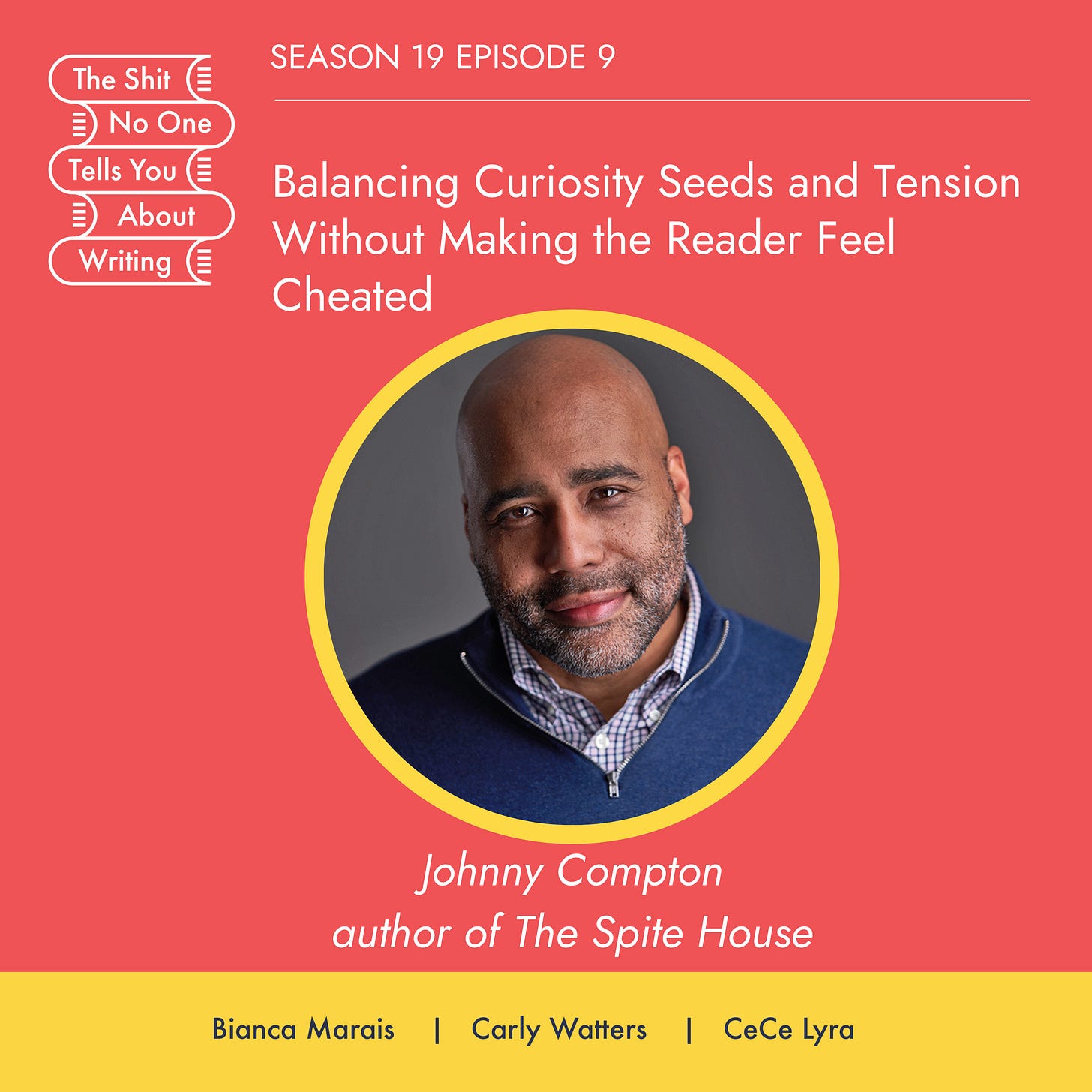
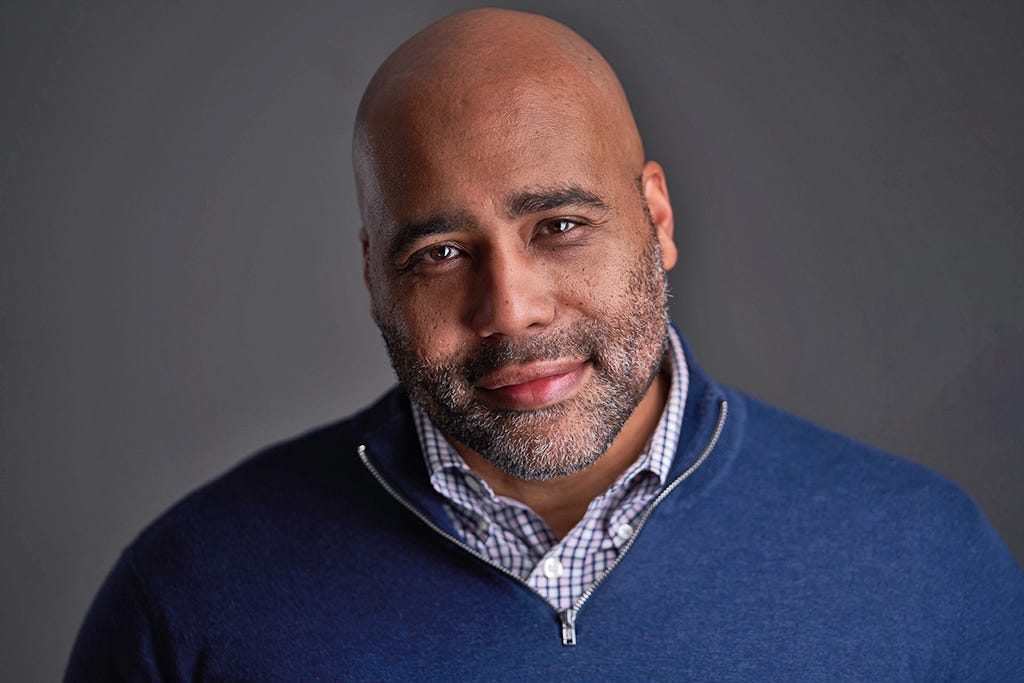
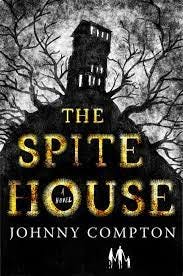



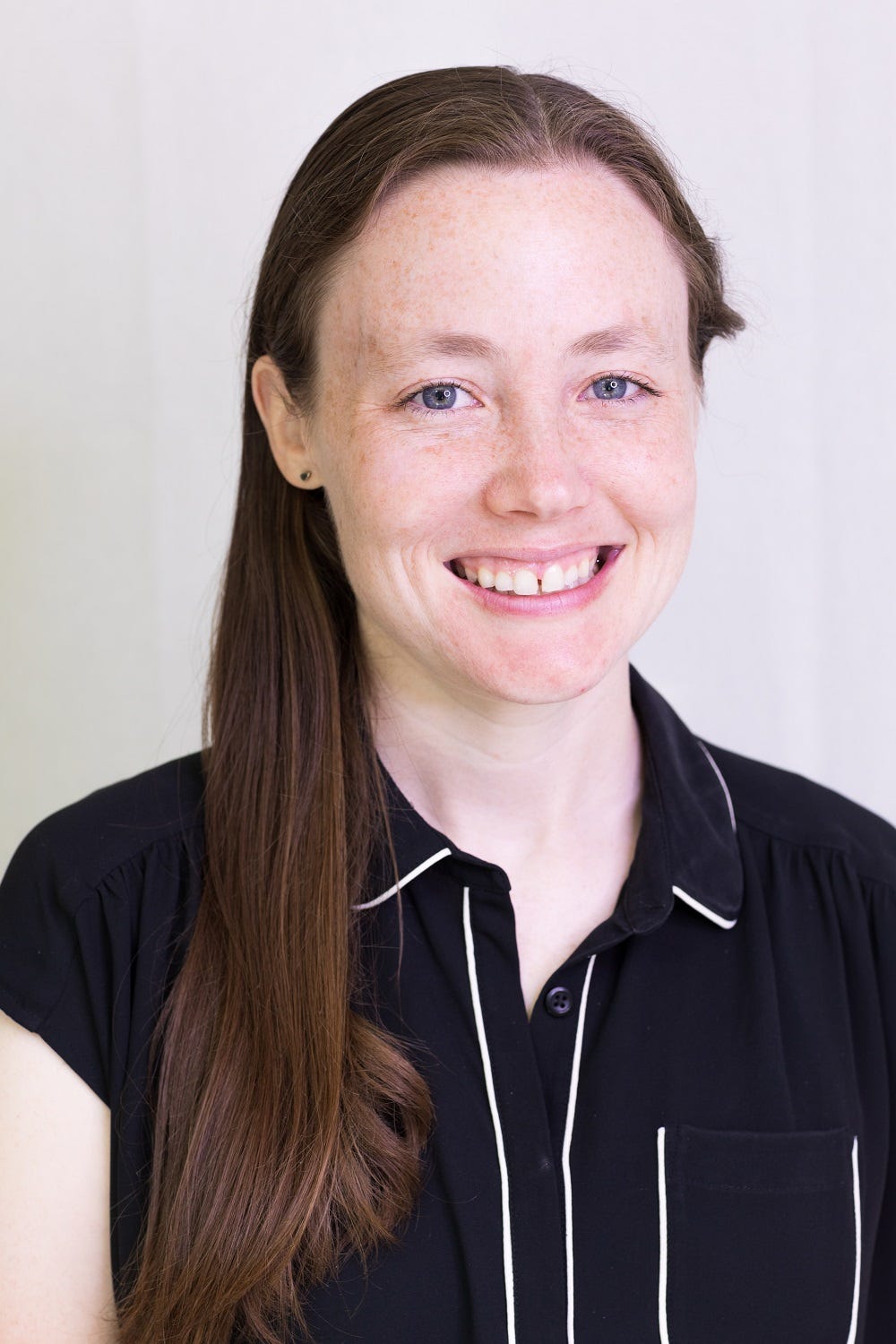
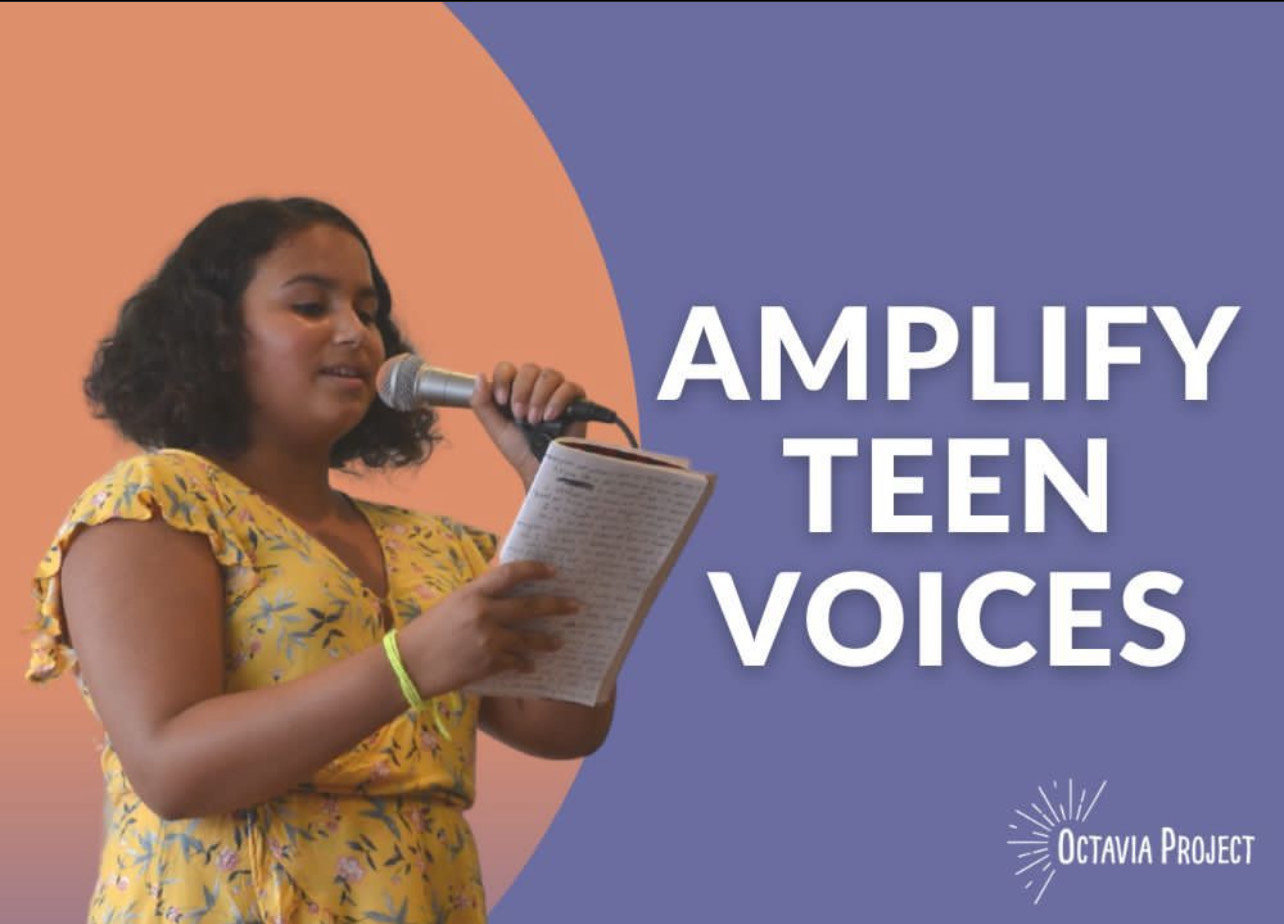



Thank you for sharing info about the Octavia Project! What an amazing org. I spent my morning reading participants' work in their online zine. Such talented youngsters.
I just started querying my novel and found your tips on navigating QueryManager incredibly helpful. Thank you!!!!!